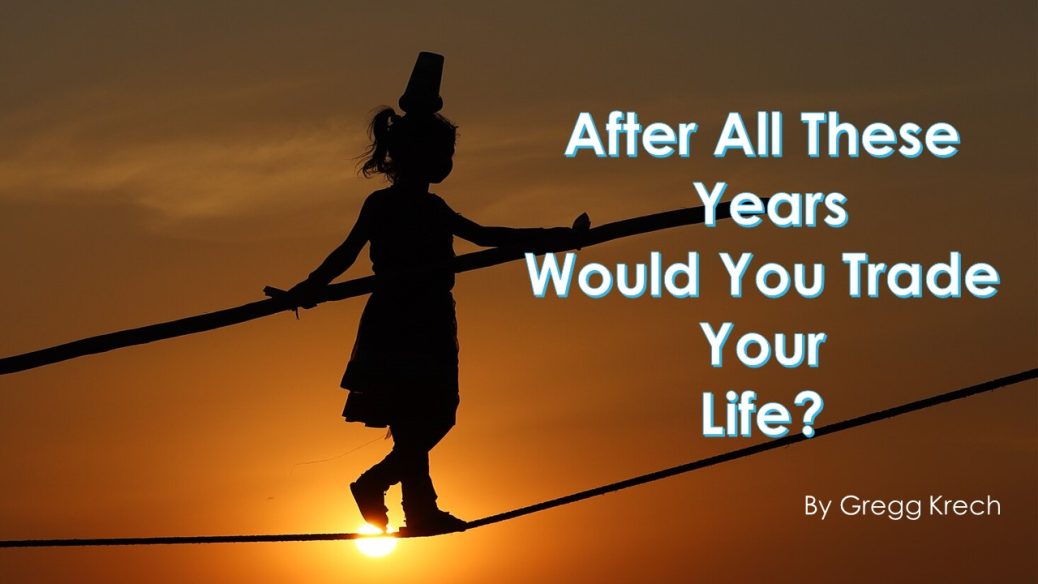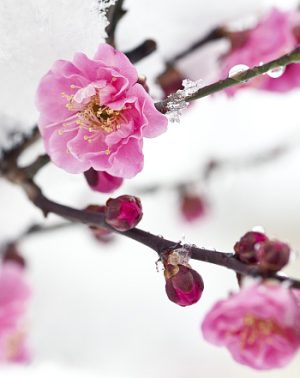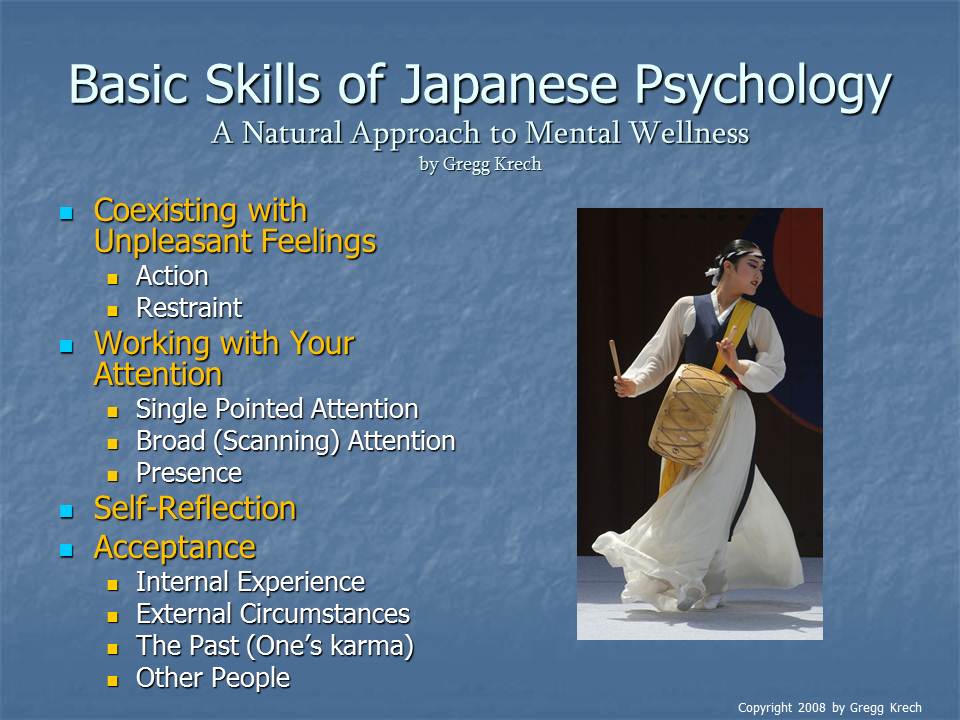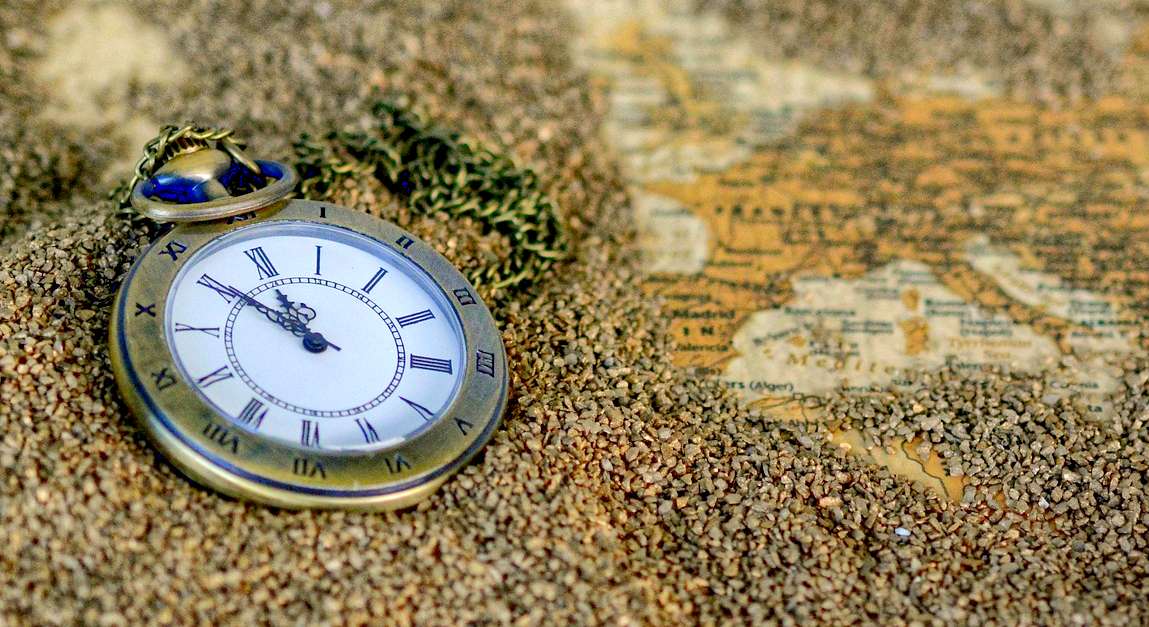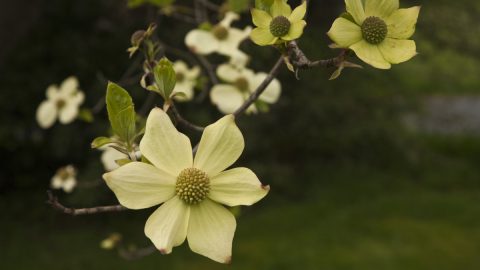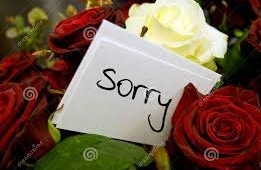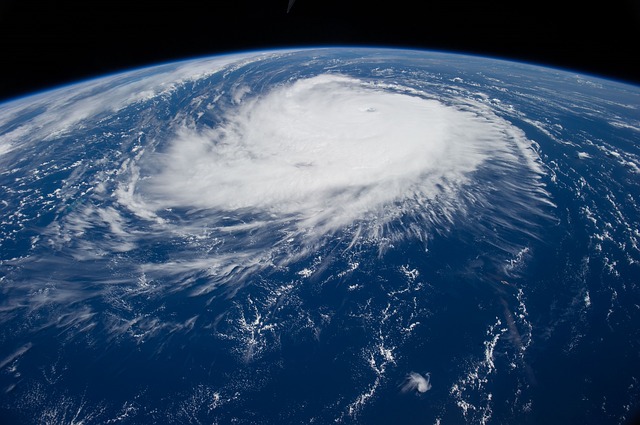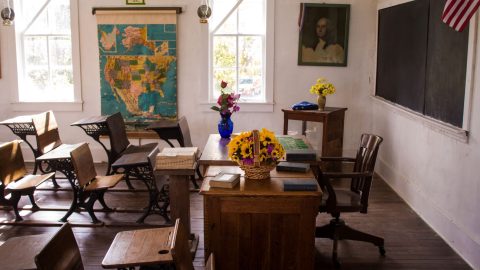I have 5,163 days left to live.
More or less.
I’m writing this on my birthday. I’ve completed 68 years since I found my way into this world. Several times a year I calculate how much time I have left. I do that by calculating the number of days I have lived and subtracting that number from 30,000 – an estimate of how many days we each have to live. If I lived in one of the Blue Zones like Okinawa, Japan or Sardinia, Italy, my number would be slightly higher.
The number of days I have left goes down every time I check. I’m noticing a trend here.
Lest you think this is a morbid exercise, it’s not. It’s my periodic wake up call. When I lived, briefly, in a Zen center in Japan, the head monk would walk behind us during meditation and hit us on the shoulder with a stick. It stung, just enough to provide a jolt of energy. When he finished, I would bow, communicating my thanks. I was grateful to be awakened. I didn’t want to sleep through meditation. And I don’t want to sleep through the remaining days of my life. I’m grateful to see my mortality right in front of me. There are things I need to do before I die. The urgency of that number works in my favor.
I take no credit for being born. That goes to my mom and dad, both of whom died in the past ten years. Thanks to them I am able to watch a chickadee open a sunflower seed at the birdfeeder and taste a fresh blueberry right from a blueberry bush. One of my favorite passages is from Bill Bryson’s book, A Short History of Nearly Everything,
“Consider the fact that for 3.8 billion years, a period of time older than the Earth’s mountains, rivers and oceans, every one of your forebears on both sides has been attractive enough to find a mate, healthy enough to reproduce, and sufficiently blessed by fate and circumstances to live long enough to do so.”
So I guess my presence here goes back a bit further than my mom and dad. But of all my ancestors, I knew my parents the best. They not only brought me into this world, but they kept me alive for a while until they could pass on that responsibility to others. I am still “kept” alive, for without the support of other people, objects and forms of energy, I have no capacity to keep myself alive, at least for very long.
Plum Blossoms Harmonize with Snow
I went down to the lake with Linda this morning. We sat a few feet from the calm water and I opened a book that I pulled from the library and, with my eyes closed, picked a page to read. My birthday reading.
It was a passage about plum blossoms from the book, Zen Seeds, by Rev. Shundo Aoyama. She was recalling the words of an ancient sage:
“A branch of plum blossoms harmonizes fragrantly with snow.”
She comments that during the winter there are plum blossoms that are burdened with a wet snow from a snowstorm. Instead of succumbing to the weather, the blossoms exude a sweet fragrance, looking noble in their garland of snow and they flourish.
“What helps to enrich us and make us strong,” says Aoyama, “is not favorable circumstances, but failure, misfortune and illness. What matters most
is how we take misfortune.”
The saying, ‘A branch of plum blossoms harmonizes fragrantly with snow” is a teaching about how to deal with difficult circumstances.
We have the possibility of wearing those difficulties and carrying our burden with nobility and integrity. What a wonderful aspiration.
Talk About Bad Luck and Troubles
In the song, Everyday I Have the Blues by B.B. King, there is this lyric . . .
“Talk about bad luck and troubles, well you know I had my share.”
Most of us, upon reflection, which we tend to due on birthdays, can recall many of the challenges and difficulties we faced since our childhoods. Some, in retrospect, were common challenges in the arenas of relationships, health and money. Others truly lived up to the meaning of “tragedy.” But many of these events often pushed us to the edge of our “comfort zone” – the place where we feel we just can’t cope with what we’re up against.
But you did cope (if you’re reading this) and it may be that you came away from your difficulties having learned something and, perhaps, coming out the other end stronger or wiser. The author-philosopher, Nassim Nicholas Taleb, calls this idea “antifragility.”
Steven Colbert, one of my favorite comedians, had to face a tragic event when he was a ten year-old child. His father and two brothers were killed in a plane crash. One moment he had a full family including parents and siblings. And the next moment it was just him and his mother. In an interview he described how he was completely shattered by the event. But he went on to say,
“It’s a gift to exist, and with existence comes suffering. There’s no escaping that. I don’t want it to have happened. I want it to not have happened, but if you are grateful for your life—which I think is a positive thing to do, not everybody is, and I am not always but it’s the most positive thing to do—then you have to be grateful for all of it. You can’t pick and choose what you’re grateful for.”
But, of course, we do pick and choose what we’re grateful for. On Saturday I was grateful for the opportunity to ride my bike over the rolling hills that surround my home in Vermont. But I wasn’t grateful for my computer crashing or to discover a large bleach stain on one of my shirts.
Yet, when we step back from our life we are more likely to see it as a package. You’re either grateful for it or you’re not. Even my bike ride over those rolling hills involved both ups and downs. In life, we prefer the “ups.” In biking, I prefer the “downs.” But the ups and downs make each other possible. One doesn’t exist without the other.
I truly feel grateful for my life – for all of it. I wouldn’t trade places with anyone in the world, because in doing so I would have to give up everything I cherish and have cherished since I was born. I would have to give up my wife, who I adore. And my two daughters, who I love deeply. I’d have to give up my 29 years of time with my two dogs, two of the loveliest creatures in the world. I’d have to give up game-winning basketball shots I made at the buzzer (there weren’t that many, but I still wouldn’t want to give them up). I’d have to give up what I learned from spiritual teachers like Thich Nhat Hanh and Rev. Kenryu Tsuji. And trips to Japan and Italy. And playing legendary music to music lovers at vinyards and festivals. As a package, nobody has a life they could offer me for which I would trade my own.
So with 5,163 days left my mind gravitates toward action and reflection – the yin and yang of life. Action, because I am conscious of time, my own mortality, and important things I want to do before I die. Reflection, because it is through reflection that we open the doorway to gratitude.
Of course this number (5,163) is unlikely to be accurate. But that’s really irrelevant. What’s important is the recognition that there is a number. There is an actual number of days I have left to live. That’s what wakes me up to my life.
I finished the day baking bread. I love baking bread and I love eating it. This weekend I made sweet potato garlic rolls. The sweet potatoes change the texture of the bread, making it a bit chewier. The fresh chopped garlic and olive oil give it that distinctive garlic bread flavor. I love experimenting with bread, just like I love experimenting with life. How do you know if you’ll like this bread? You taste it. How do you know if you’ll like doing this or doing that? You try it. Try-See. It’s a good recipe for surprises and adventures for your remaining days.
Gregg Krech has been teaching and studying Japanese Psychology for 35 years. He is the author of five books, including Naikan: Gratitude, Grace and the Japanese Art of Self-Reflection. His upcoming courses include the Fundamentals of Japanese Psychology (online) and the six-day Residential-Certification Program held at the ToDo Institute in Vermont (Sept 24-30). He is the Editor of Thirty Thousand Days: A Journal for Purposeful Living, and Chairperson of a national task force on Buddhism and Psychological and Spiritual Well-Being.

